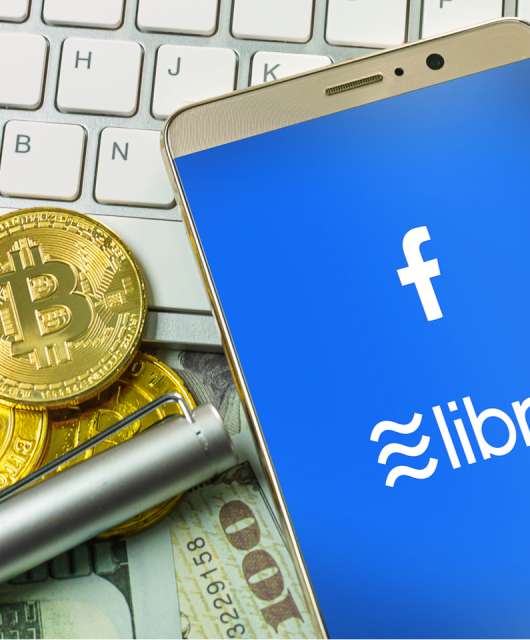Montana, the 4th largest state by area in the USA, has accepted a bill to ban TikTok starting Jan 1st, 2024. The bill aims to prohibit any mobile application store from offering TikTok to users in the state of Montana. The primary motivator behind Montana’s ban on the trendy app is that Chinese tech giant ByteDance owns TikTok. China, currently ruled by the Chinese Communist Party (CCP), has always been inclined to have a presence in organizations in Chinese companies, both state and private.
Montana’s decision to ban the app is dictated by the fact that the Communist Party can direct ByteDance to share user information, including real-time physical locations of users. According to the bill, TikTok also gathers essential user information and could share it with foreign states. The state of Montana also believes that TikTok fails to remove content that promotes dangerous behavior. The bill also expresses fears that the app could let China conduct corporate and international espionage that includes tracking adversaries of the Chinese Communist Party, including political figures, journalists, dissidents, etc.
TikTok has already filed a lawsuit against Montana’s decision, and Shou Zi Chew, the company’s CEO, publicly disagreed with the state government during an appearance at the Qatar Economic Forum in the middle east earlier this week. He said that Montana’s decision to ban the app is unconstitutional and goes against the First Amendment, and he is confident that TikTok will prevail. He also talked about “Project Texas” and TikTok’s commitment to every American on TikTok, that US residents must feel safe and confident that user data is securely stored and the platform is free from outside influence. While in Doha, TikTok’s CEO also highlighted that many of the project’s elements are already in place, and all US data is no longer in the company servers but is being stored in Oracle Cloud infrastructure located in the US.
Data sovereignty is a hot topic. More countries worldwide are starting to agree that data is supposed to be subject to the laws and governance structures of the nation where collected. According to many, maintaining data sovereignty would decrease outside influence.
No one knows if Montana’s ban on TikTok will stick around for 2024, but the bill certainly tests how much the government can interfere with how tech companies collect, store, and utilize harvested user data.








